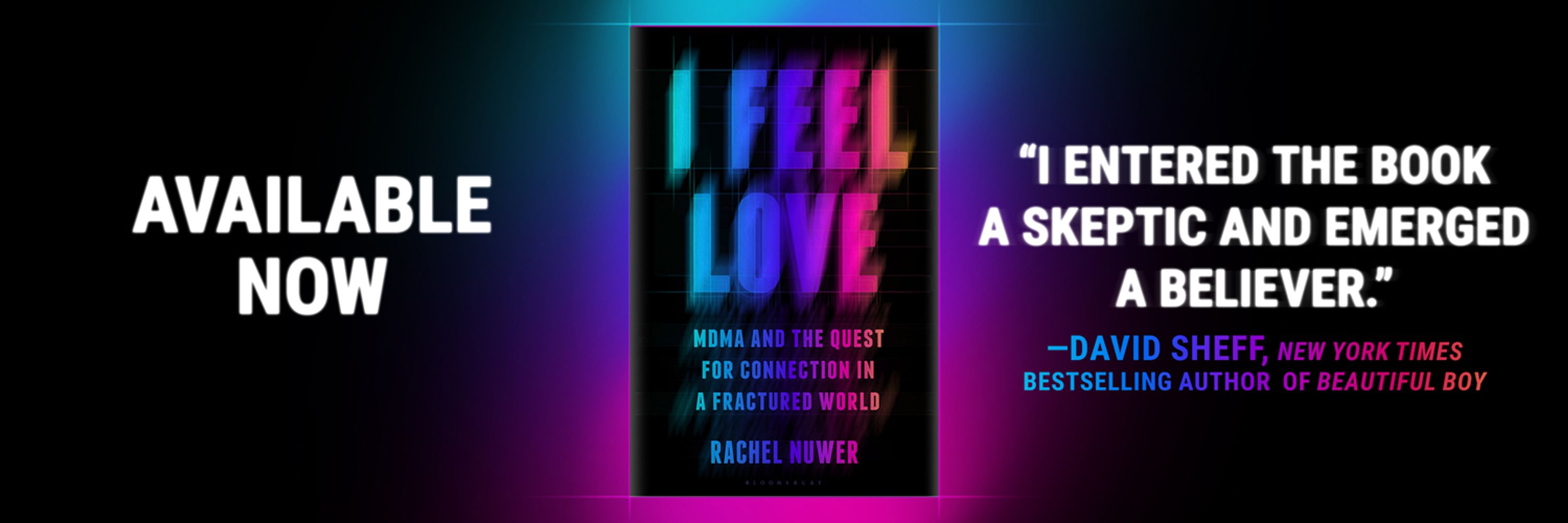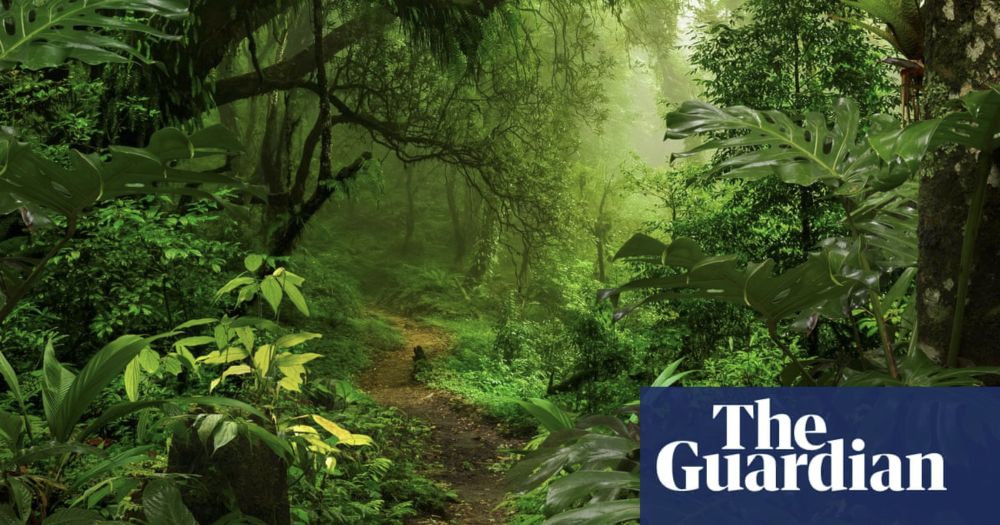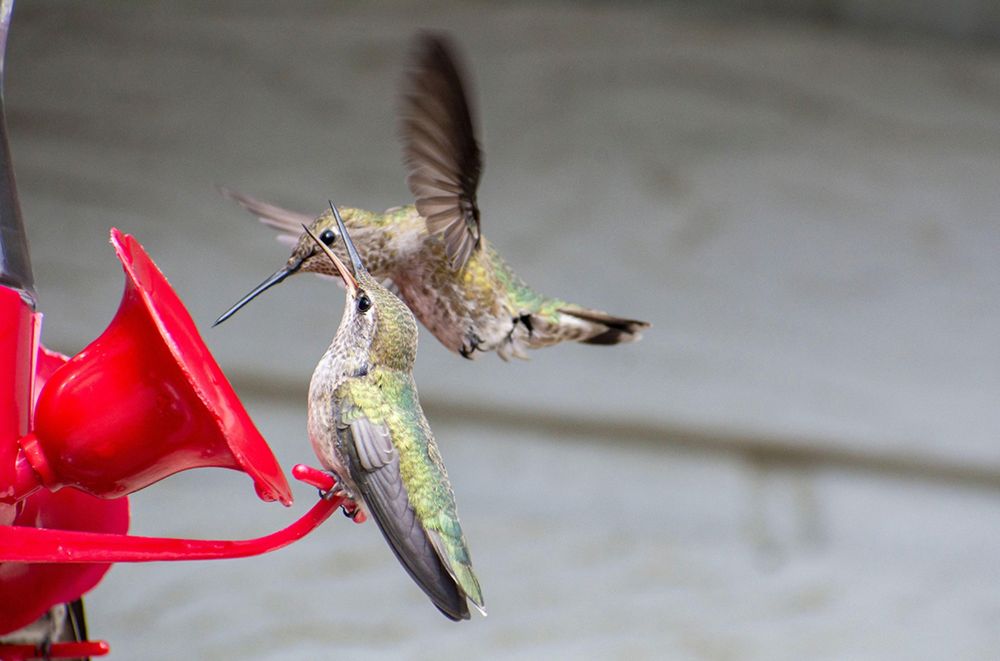
www.quantamagazine.org/mixing-is-th...

www.quantamagazine.org/mixing-is-th...
Some scientists argue that this would accelerate anti-aging research; others say it makes no biological sense and would be fraught with ethical implications @nature.com
www.nature.com/articles/d41...

Some scientists argue that this would accelerate anti-aging research; others say it makes no biological sense and would be fraught with ethical implications @nature.com
www.nature.com/articles/d41...

www.biographic.com/the-wild-ele...

www.biographic.com/the-wild-ele...
www.science.org/content/arti...

www.science.org/content/arti...
www.nytimes.com/2025/10/18/s...

www.nytimes.com/2025/10/18/s...
@economist.com
www.economist.com/1843/2025/10...

@economist.com
www.economist.com/1843/2025/10...
www.scientificamerican.com/article/mars...

www.scientificamerican.com/article/mars...
www.scientificamerican.com/article/peop...

www.scientificamerican.com/article/peop...
@kqednews.kqed.org
www.kqed.org/science/1998...

@kqednews.kqed.org
www.kqed.org/science/1998...
www.nytimes.com/2025/07/29/c...

www.nytimes.com/2025/07/29/c...
www.nytimes.com/2025/07/10/c...

www.nytimes.com/2025/07/10/c...

@sciam.bsky.social
www.scientificamerican.com/article/how-...

@sciam.bsky.social
www.scientificamerican.com/article/how-...
www.thinkglobalhealth.org/article/canc...

www.thinkglobalhealth.org/article/canc...
@audubon.org
www.audubon.org/magazine/nat...

@audubon.org
www.audubon.org/magazine/nat...
@sciam.bsky.social @wcs.org
www.scientificamerican.com/article/gori...

@sciam.bsky.social @wcs.org
www.scientificamerican.com/article/gori...
www.nytimes.com/2025/06/05/c...

www.nytimes.com/2025/06/05/c...

@science.org
www.science.org/content/arti...

@science.org
www.science.org/content/arti...
www.scientificamerican.com/article/bree...

www.scientificamerican.com/article/bree...
www.nytimes.com/2025/05/12/s...

www.nytimes.com/2025/05/12/s...
www.bbc.com/future/artic...

www.bbc.com/future/artic...


